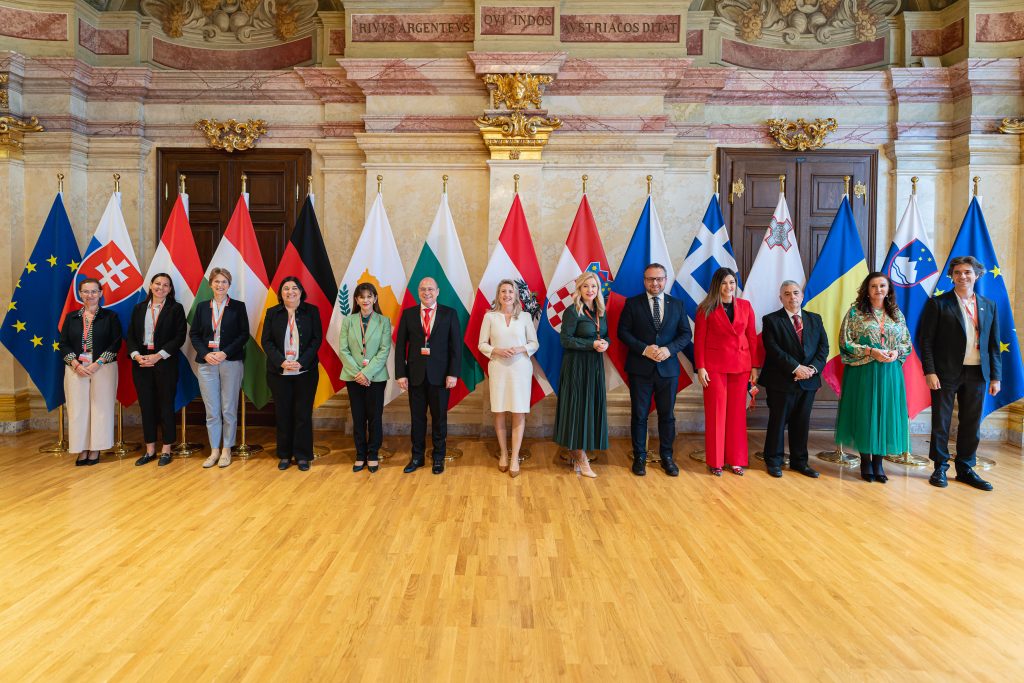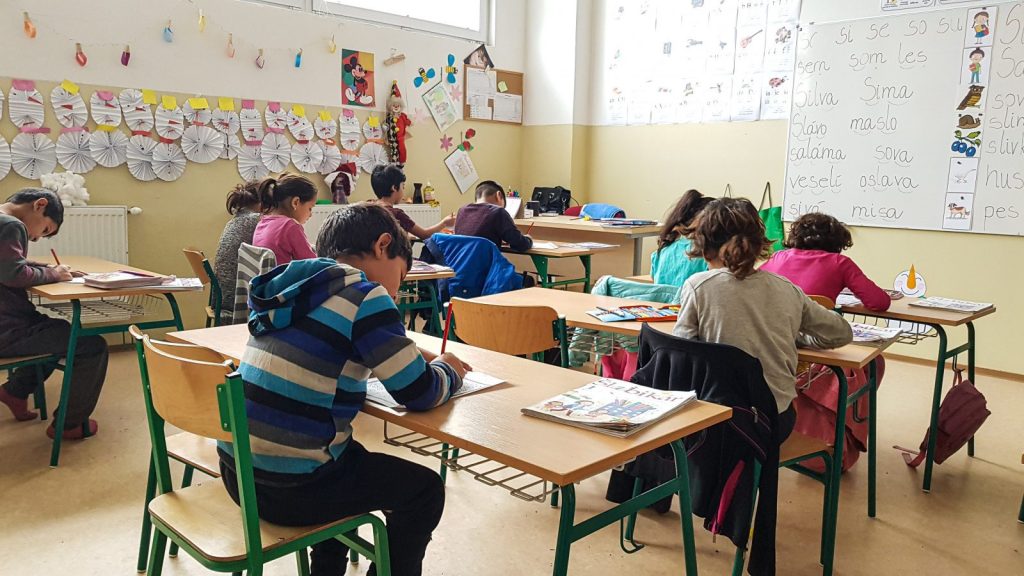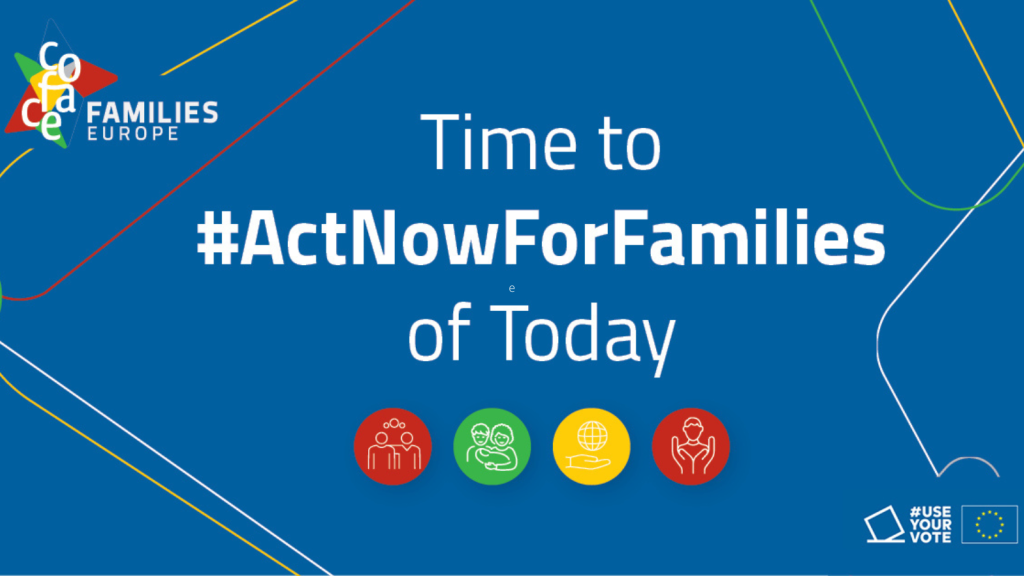COFACE Spanish member, Unión de Asociaciones Familiares (UNAF) has initiated the campaign “Choose Your Role, Act or Not?” aimed at raising awareness among families about the significance of guiding children in the use of video games to prevent the adoption of sexist stereotypes and behaviors.
As per the research presented in ‘Gender, Gamers, and Video Games: An Examination through a Gender Lens on Video Game Consumption and the Status of Female Players in the Industry,’ supported by the Telefónica Chair at the University of Las Palmas de Gran Canaria in collaboration with the CajaCanarias Foundation and La Caixa, more than 70% of surveyed women acknowledge encountering sexism in video games. Within multiplayer online sessions, 36.4% report instances of insults during gameplay.
Further insights from the seminar “Women in the Video Game Industry” organised by the Women’s Institute (2021) and the GENTIC research group at the Universitat Oberta de Catalunya underscore the persistent underrepresentation of women in the sector, often relegated to passive and secondary roles. Dr. María Rubio, a Doctor in Philosophy of Technology, emphasises the prevalent sexist stereotypes in video games, characterised by hypersexualisation, caregiving roles, or damsel-in-distress scenarios.
Given the crucial role of video games in socialisation and their significance as pedagogical tools, it is essential to examine the models they portray and transmit to children and youth. UNAF has launched the campaign “Choose Your Role, Act or Not?” urging parents to pay attention to sexist stereotypes in certain video games. The campaign provides general recommendations and key considerations for parents, emphasising the importance of reviewing recommended age ratings and content labels (PEGI codes), discussing game content with children, observing their reactions, and promoting family gaming.
Through three videos game-styled videos on social media, UNAF highlights common stereotypes associated with male and female characters, aiming to raise awareness and prevent children from learning and reproducing these stereotypes.
Ascensión Iglesias, President of UNAF, explainss: “The goal is to raise awareness about the existence of sexist stereotypes in video games and remind families of their pivotal role in education to prevent the perpetuation of these stereotypes into adulthood. As the campaign underscores, making good choices in video games, paying attention to content, engaging in dialogue, and supervising behavioral models all contribute to the education process.





